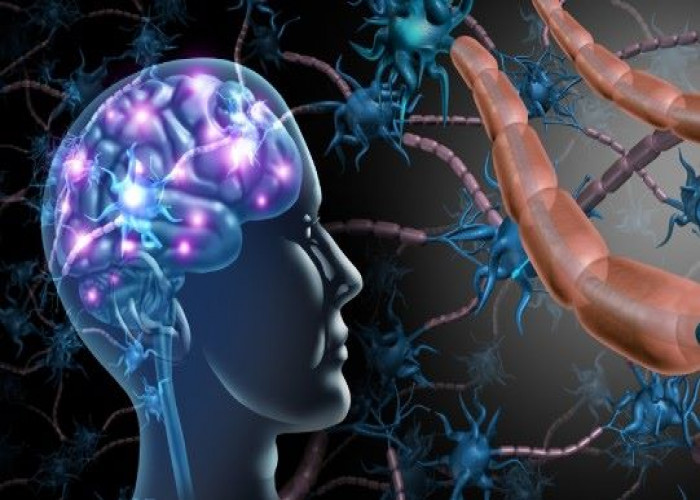 Welcome
Welcome
“May all be happy, may all be healed, may all be at peace and may no one ever suffer."
Functional neurologic disorders/conversion disorder
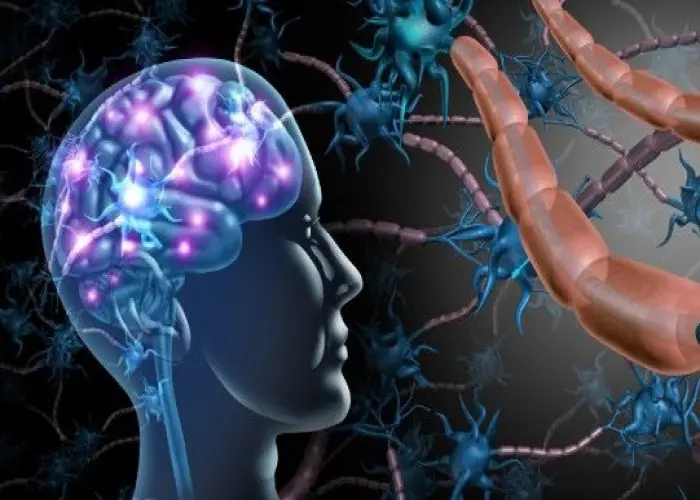
Functional neurologic disorders, also known as conversion disorders, are a group of conditions that involve neurological symptoms, such as weakness, tremors, or seizures, that are not caused by a neurological disease or other medical condition. Instead, the symptoms are believed to be related to psychological factors, such as stress or trauma.
Functional neurological disorders can affect a wide range of bodily functions, and the symptoms can be varied and unpredictable. Some of the common symptoms may include:
- Muscle weakness or paralysis
- Tremors or spasms
- Seizures or convulsions
- Difficulty with coordination or balance
- Sensory changes, such as numbness or tingling
- Difficulty with speech or swallowing
- Vision or hearing changes
Diagnosis of functional neurological disorders can be challenging, as the symptoms can resemble those of other neurological conditions. However, healthcare professionals may use a combination of tests, such as neurological exams, imaging tests, and psychological assessments, to help rule out other potential causes.
Treatment for functional neurological disorders often involves a multidisciplinary approach that may include counseling, physical therapy, and/or medication. The goal of treatment is to help manage symptoms and address underlying psychological factors.
It is important to seek medical attention if you experience symptoms of functional neurological disorders, as early diagnosis and treatment can help improve the chances of a successful treatment outcome. A healthcare professional can help determine the underlying cause of your symptoms and develop an appropriate treatment plan.
Research Papers
Disease Signs and Symptoms
- Weakness
- Hearing problems or deafness
- Blindness (Vision loss)
- Double vision (diplopia)
- Blurred vision of eye
- Numbness
- Seizures
- Difficulty swallowing (dysphagia)
- Lose balance
- Deafness
Disease Causes
Functional neurologic disorder/conversion disorder
The exact cause of functional neurologic disorder is unknown. Theories regarding what happens in the brain to result in symptoms are complex and involve multiple mechanisms that may differ, depending on the type of functional neurological symptoms.
Basically, parts of the brain that control the functioning of your muscles and senses may be involved, even though no disease or abnormality exists.
Symptoms of functional neurologic disorder may appear suddenly after a stressful event, or with emotional or physical trauma. Other triggers may include changes or disruptions in how the brain functions at the structural, cellular or metabolic level. But the trigger for symptoms can't always be identified.
Disease Prevents
Disease Treatments
Treatment for functional neurologic disorder will depend on your particular signs and symptoms. For some people, a multispecialty team approach that includes a neurologist; psychiatrist or other mental health professional; speech, physical and occupational therapists; or others may be appropriate.
Learning about functional neurologic disorder
Understanding what functional neurologic disorder is, that the symptoms are real, and that improvement is possible can help you with treatment choices and recovery. Symptoms may get better after an explanation of the condition and reassurance from your health care provider that symptoms are not caused by a serious underlying neurological or other medical disorder.
For some people, education and reassurance that they don't have a serious medical problem is the most effective treatment. For others, additional treatments may be beneficial. Involving loved ones can be helpful so that they can understand and support you.
Medical disorder treatment
Your medical team provides treatment of any underlying neurological or other medical disease you may have that might be a trigger for your symptoms.
Therapies
Depending on your needs, therapies may include:
- Physical or occupational therapy. Working with a physical or occupational therapist may improve movement symptoms and prevent complications. For example, regular movement of arms or legs may ward off muscle tightness and weakness if you have paralysis or loss of mobility. Gradual increases in exercise may improve your ability to function.
- Speech therapy. If your symptoms include problems with speech or swallowing, working with a speech therapist (speech-language pathologist) may help.
- Stress reduction or distraction techniques. Stress reduction techniques can include methods such as progressive muscle relaxation, breathing exercises, physical activity and exercise. Distraction techniques can include music, talking to another person, or deliberately changing the way you walk or move.
Mental health options
Even though functional neurological symptoms are not "all in your head," emotions and the way you think about things can have an impact on your symptoms and your recovery. Psychiatric treatment options may include:
- Cognitive behavioral therapy (CBT). A type of psychotherapy, CBT helps you become aware of inaccurate or negative thinking so that you can view situations more clearly and respond to them in a more effective way. CBT can also help you learn how to better manage stressful life situations and symptoms. This may be particularly beneficial if your symptoms include nonepileptic seizures. Other types of psychotherapy may be helpful if you have interpersonal problems or a history of trauma or abuse.
- Treating other mental health conditions. Anxiety, depression or other mental health disorders can worsen symptoms of functional neurologic disorder. Treating mental health conditions along with functional neurologic disorder can help recovery.
Medications
Medications are not effective for functional neurologic disorder, and no drugs are approved by the Food and Drug Administration specifically as a treatment. However, medications such as antidepressants may be helpful if you also have depression or other mood disorders, or you're having pain or insomnia.
Disease Diagnoses
Disease Allopathic Generics
Disease Ayurvedic Generics
Disease Homeopathic Generics
Disease yoga
Functional neurologic disorders/conversion disorder and Learn More about Diseases
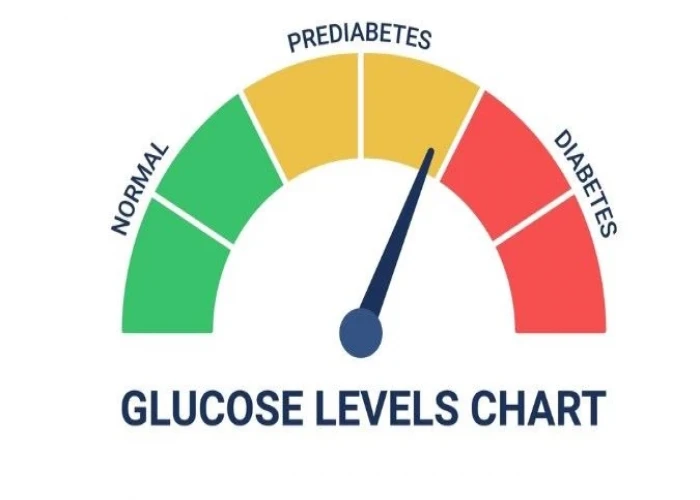
Prediabetes

Diabetic coma

Postpartum depression

Sprained ankle
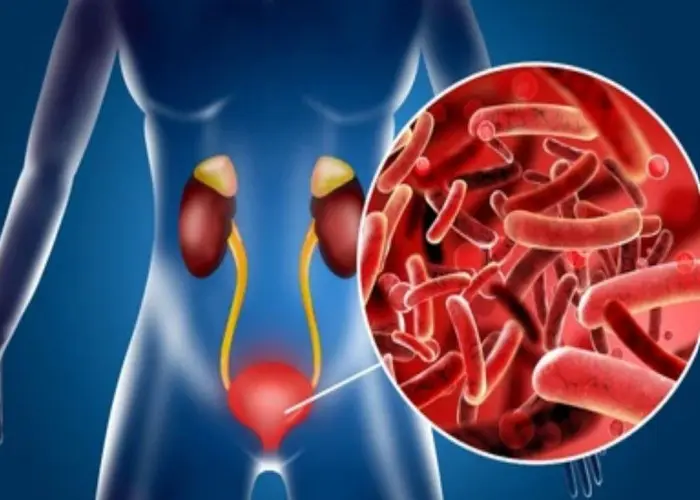
Cystitis

Behcet's disease

Thoracic outlet syndrome
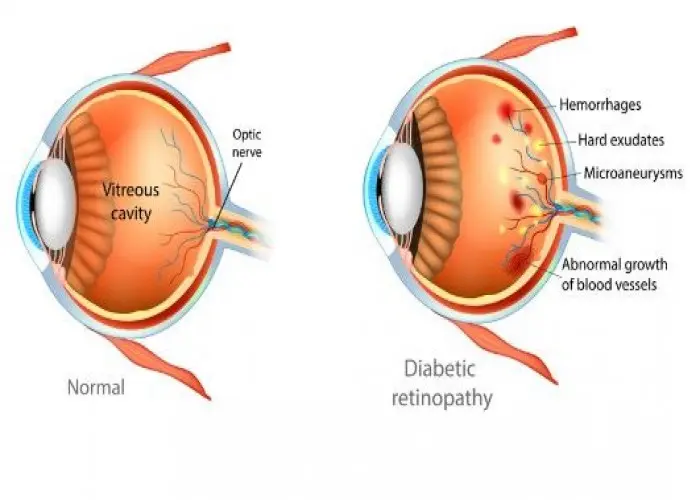
Diabetic retinopathy
functional neurologic disorders, conversion disorder, ক্রিয়ামূলক নিউরোলজিক ডিজঅর্ডার , রূপান্তর ব্যাধি
To be happy, beautiful, healthy, wealthy, hale and long-lived stay with DM3S.
